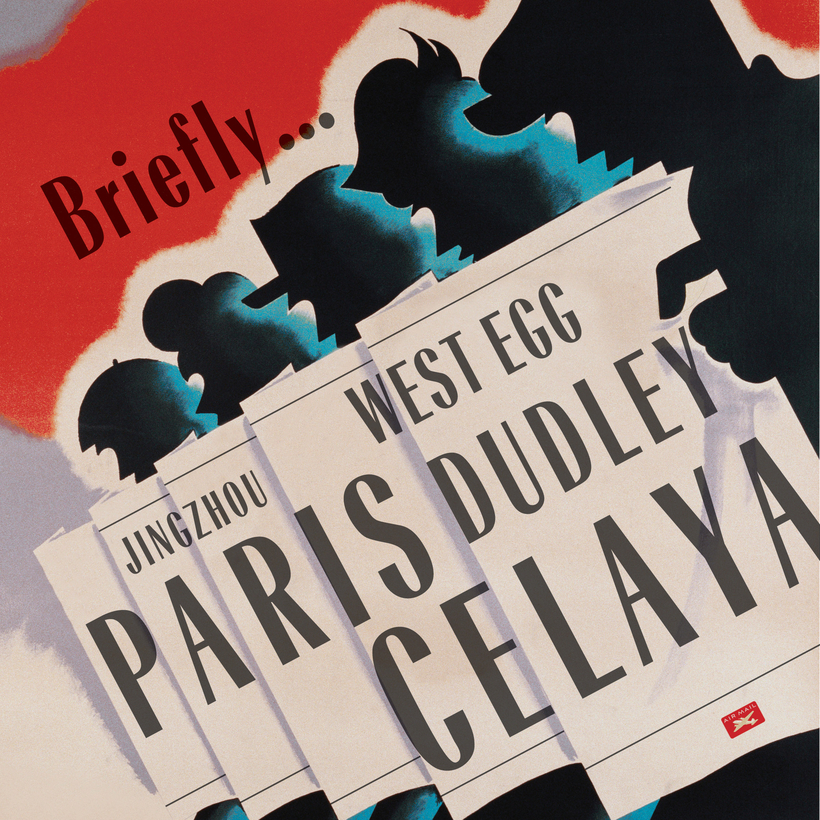In West Egg …
So we beat on …
Well, it’ll actually be somewhere else, reportedly New Orleans, Paris, and the battlefields of World War I—not Minnesota?—where readers will be able to get acquainted with Nick Carraway in the years before he ended up in West Egg. Nick, a prequel to The Great Gatsby concocted by Michael Farris Smith, will be published just a few days after the Fitzgerald novel enters the public domain, on the first of the year. And what does this news provoke in you? Excitement? Despair? Or a sort of tender curiosity, as Nick himself might put it? Borne back ceaselessly into the past, indeed.
In Paris …
C’est what?

Accent-based discrimination—la glottophobie—is now a criminal offense in France. While the prejudice—both regional and class-based, and directed, all told, at about half of France’s population—has been an issue for some time, a corrective had until recently proved elusive. But the French parliament has voted 98-3 to ban such discrimination, calling it “a form of racism.” The maximum penalty is three years’ imprisonment and a fine. It was President Emmanuel Macron’s appointment of Jean Castex (who is from the Southwest and sounds it) as prime minister, in July, that got the egalitarian ball rolling. “Christophe Euzet, MP for the Mediterranean port of Sète and lead sponsor of the bill, said that he was outraged by the way Mr Castex, a former senior civil servant and town mayor, had been mocked for his accent after Mr Macron appointed him,” reported The Times of London. “Mr Euzet, a native of Perpignan, shares Mr Castex’s sing-song speech, which more northern French associate with sunshine, pastis and pétanque .”


